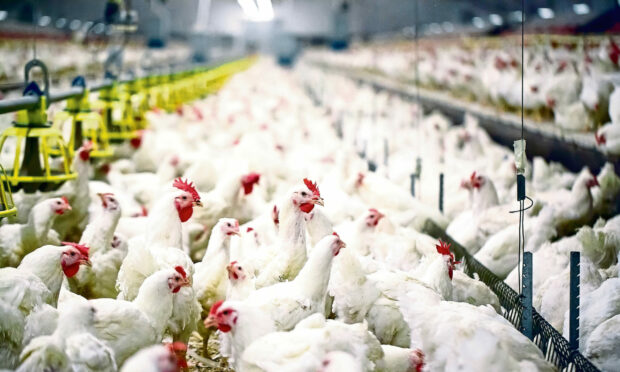The government is not prioritising the threat of animal diseases which could be devastating to farmers, rural communities and society, MPs warn.
Parliament’s Public Accounts Committee has said the UK’s main animal disease facility, the Animal and Plant Health Agency’s (APHA) site near Weybridge in Surrey, has been “left to deteriorate to an alarming extent”.
It comes despite the devastating consequences of diseases, such as foot and mouth disease and the recent avian influenza, for farming communities, while Covid-19 has shown the extent of the impact when an animal-sourced virus jumps the species barrier into humans.
Currently, the UK faces threats from ongoing diseases including bovine tuberculosis, new potential viruses such as African swine fever and diseases that affect pets such as rabies, a report from the committee said.
APHA’s Weybridge site is the UK’s primary science facility for managing threats from animal disease but the Environment Department (Defra) has “comprehensively failed in its historical management” of the complex.
Inadequate management and under-investment at Weybridge has left it vulnerable to a major breakdown.
The committee found the site had “over 1,000 single points of failure that would cause major disruption” to operations.
The price tag for a delayed 15-year re-development programme at Weybridge has increased from an estimated £1.2 billion to £2.8bn, but costs remain uncertain, the Treasury has not yet agreed to fund it in full, and there is a risk it will not have sufficient staff and expertise to deliver it, the report said.
Dame Meg Hillier MP, chairwoman of the Public Accounts Committee, said “After the 2001 disaster of foot and mouth disease, the past decades have brought one animal sourced disease after another.
“It is shocking that government has allowed UK capacity in this area to deteriorate so alarmingly over that same period.
“Government must get a grip on this crucial programme.”
